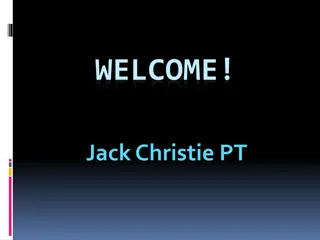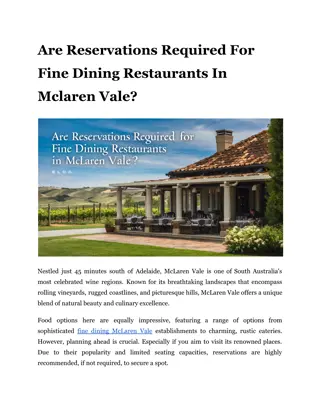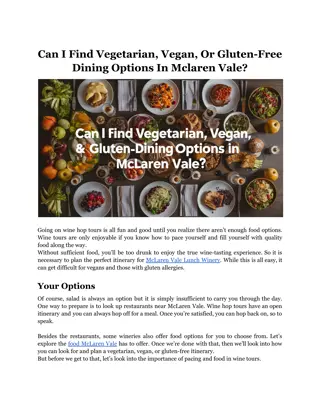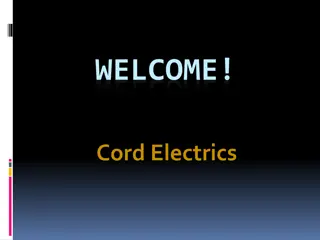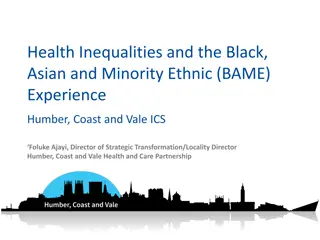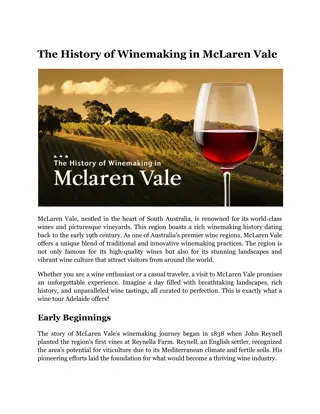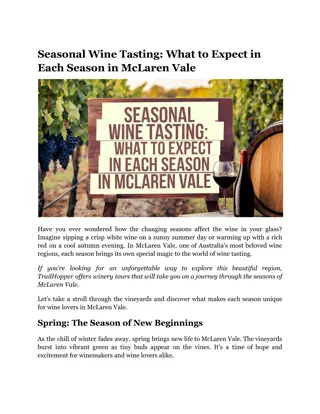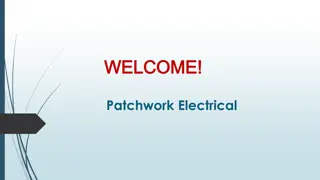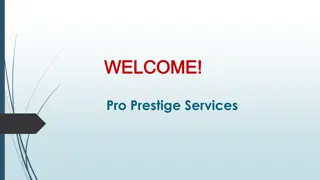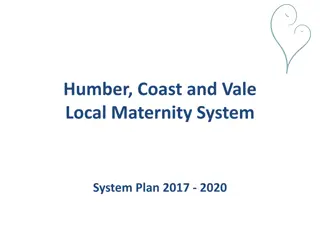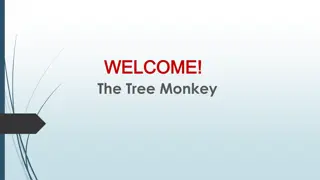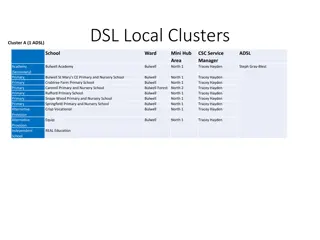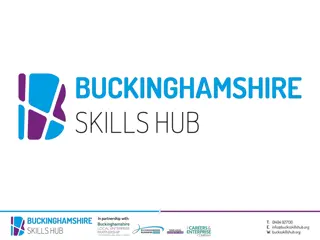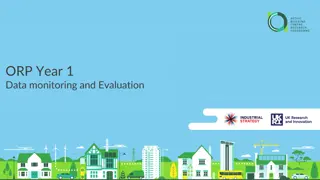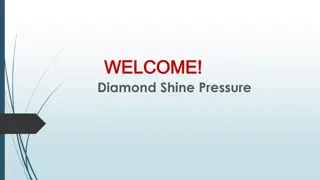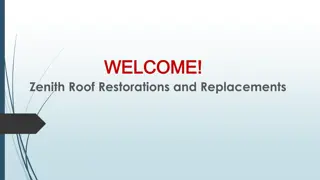
Optimizing Peer Review Processes in Scientific Community
Explore the significance of peer feedback, preprints, and unpacking peer review in enhancing scientific research. Understand the benefits, hurdles, and the need for a cultural shift towards a more efficient peer review model.
Uploaded on | 1 Views
Download Presentation

Please find below an Image/Link to download the presentation.
The content on the website is provided AS IS for your information and personal use only. It may not be sold, licensed, or shared on other websites without obtaining consent from the author. If you encounter any issues during the download, it is possible that the publisher has removed the file from their server.
You are allowed to download the files provided on this website for personal or commercial use, subject to the condition that they are used lawfully. All files are the property of their respective owners.
The content on the website is provided AS IS for your information and personal use only. It may not be sold, licensed, or shared on other websites without obtaining consent from the author.
E N D
Presentation Transcript
Peer Feedback Ideal Practical More important than technology: Understanding the Culture and Behavior of the Scientific Community Breaking down a Complex Problem into Components
Preprints Journal Article Disclosure of Work Evaluation Preprint Server Journals Scientist-Driven Disclosure Evaluation, Ethical/Data Checks
Unpacking Peer Review Technical Merit/ Improving Work Journal Suitability/ Ethical/Data Checks Scientists/ Scientific Societies Journals Curation, Technical Merit/ Improving Work Ethical/Data Checks, added features
Peer Feedback Journal Agnostic, Assigned Peer Review Better and more efficient entry point Improving work
Why review before journal submission? Authors send papers before they are ready to be published. I spend a lot of time training researchers in the art of writing a biomedical research manuscript and strongly believe in the benefit of feedback. Vivian Siegel, 2008; Disease Models and Mechanisms I believe our best hope for fair and constructive decisions is to relieve reviewers of the responsibility to make recommenda their decisions and not to hide behind the recommendations of anonymous reviewers.
What are the benefits? Peer review as service to improve scientific work rather than serving a gate keeper role A flexible pipeline with author-choice of final publication venue Potential of better match making with journals and faster acceptance Informing the evaluation of preprints and more preprint acceptance New roles for scientific societies as organizing structures for peer review
What are the hurdles? Us- Do scientists want to support a scientist-driven peer review model? Credibility- Can we get excellent scientists, funding agencies, and leading scientific societies to participate? Creating value- Peer review as a service means delivering excellence Integration with Journals- Would a critical number of journals be willing to partner?
Peer Feedback Creating a Community Individuals and organizations partnering for the common good





